Selling liquor online is not merely about listing products for sale and taking payments. Complex shipping laws, age verification requirements, and licensing issues make for some serious compliance responsibilities in alcohol eCommerce. Messing these up may land you in a fine and heavy costs, or even worse, maybe your license might get revoked.
| What you’ll learn in this guide: ● The legal framework behind selling alcohol online ● Key licenses and permits you’ll need ● How to Open an Online Liquor Store ● Bonus: Why selling alcohol on Shopify is a smart, compliant solution |
This can depend on where you sell, the type of product you sell, and how you sell it.
The legality of selling alcohol online isn’t a simple yes or no. There are a number of layers to the regulation, so what is allowed over here may be strictly prohibited in another.
🍸 Any seller must get one thing clear before starting: the licenses.
Selling alcohol online is not as straightforward as creating a store and listing products. A couple of licenses are needed before you start taking your first order, and you must also comply with federal and state regulations.
Anything mapped out from the starting point is through the Alcohol and Tobacco Tax and Trade Bureau (TTB) website, where you can find guidance pertinent to your location. Some states, known as alcohol control states, have a somewhat restrictive, more direct approach to liquor sales, so please be sure to cross-check your region’s existing policy.
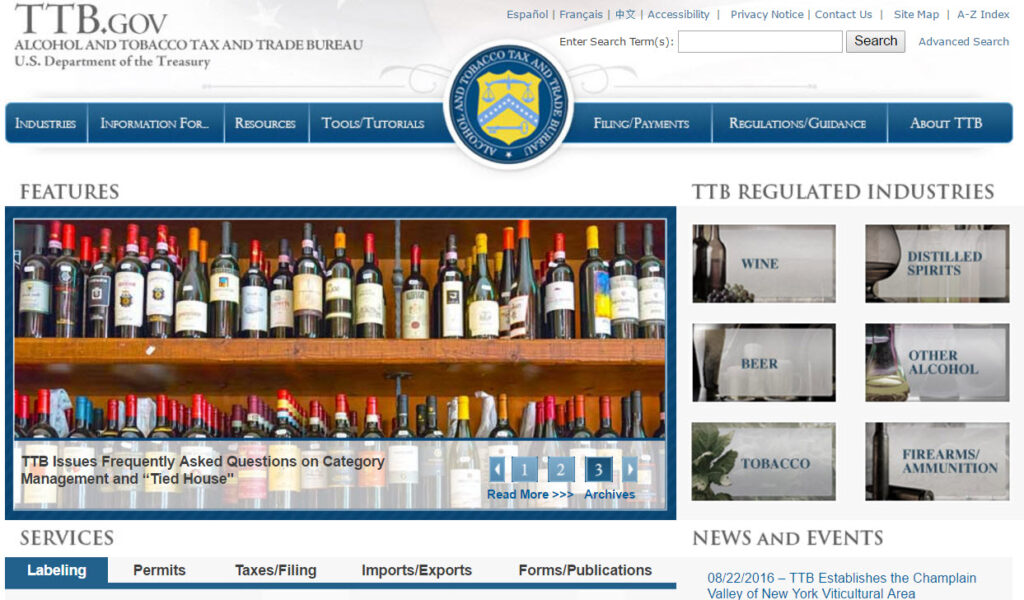
Most online alcohol sellers typically need the following:
The approval process for these licenses can take time. While waiting, it’s smart to prepare your business infrastructure, like setting up your website, reviewing age-verification methods, and ensuring secure payments.
If you’re using an e-commerce platform connected to your point-of-sale (POS) system, some requirements (such as tax collection or age gate settings) might already be handled. Still, always confirm with your tech provider before going live.
Licensing for selling alcohol online comes with a host of fees, based on the type of license and size of the business involved. Typical charges for any personal license application are about $47 USD, plus $32 USD for background checks. Business premises license fees range approximately between $127 and $2,420 USD, according to the size of your business operation.
Remember that there are annual renewals that come at a cost, charged by local authorities. The cited renewal sum is found to vary across countries.
⚠️ Failing to present a valid license when asked could lead to a fine of up to $1,270 USD. More seriously, operating without proper licenses could result in up to six months in jail. To avoid penalties, make sure all your documentation is in place before launching your online alcohol store.
There are two main alternatives for selling alcohol online: building your own store or entering an existing marketplace.
If you look for full control over the branding, pricing, and customer experience, building your own website is the right way to go. These platforms have been made to help alcohol sellers with key considerations such as age verification, shipping rules, and tax compliance.
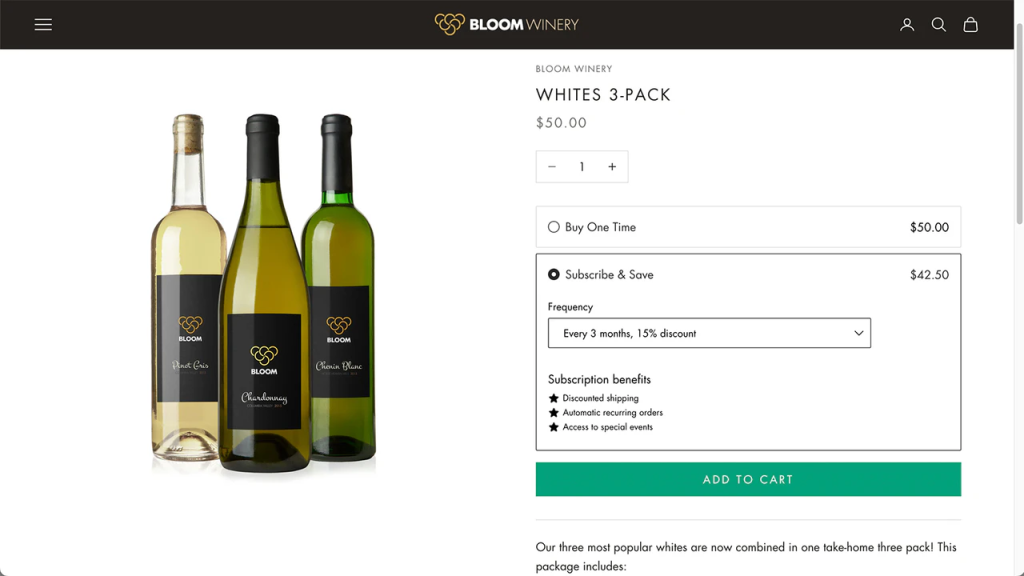
Otherwise, listing your products on a specialized alcohol marketplace may be a good idea to get in front of an existing customer base. These platforms can even help with fulfillment, visibility, and legal logistics:
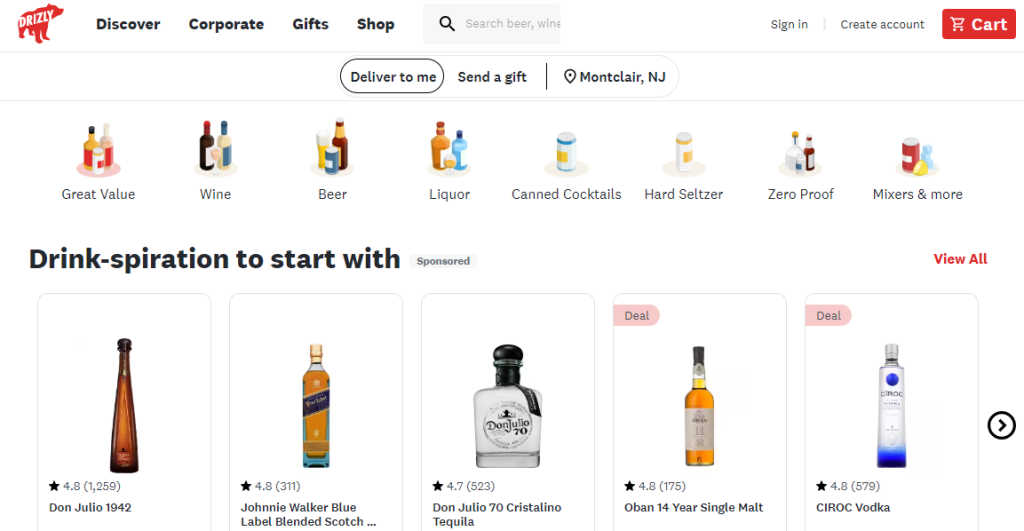
When it comes to alcohol eCommerce, Shopify is second to none, not just because of its ease of use but also because it was designed to cater to the very peculiarities of selling a regulated product.
Shopify takes away the stress of building a platform from scratch. Instead, it gives you tools and flexibility needed to remain compliant with all pertinent laws, mature your systems, and scale your business.
🍷 Some of the key benefits that make Shopify ideal for selling alcohol online include:
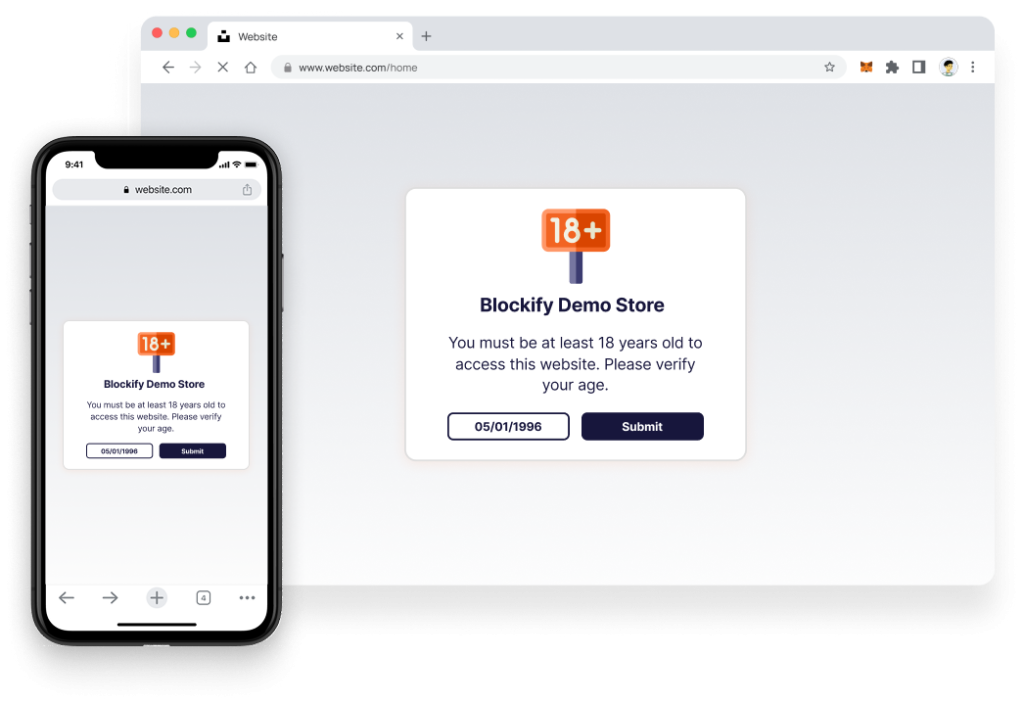
Selling alcohol online isn’t just about having a website; it’s about building a legally sound, scalable business. Follow these six essential steps to launch your liquor store the right way.
Start by analyzing the market for alcoholic beverages: Informed of the trends, which category seems saturated, and where lies demand? Are you interested in natural wines? Craft gins? Whiskey boxes for gift purposes? Choosing a niche helps you stay clear and hot-tailored for an audience.
Look at your competitors:
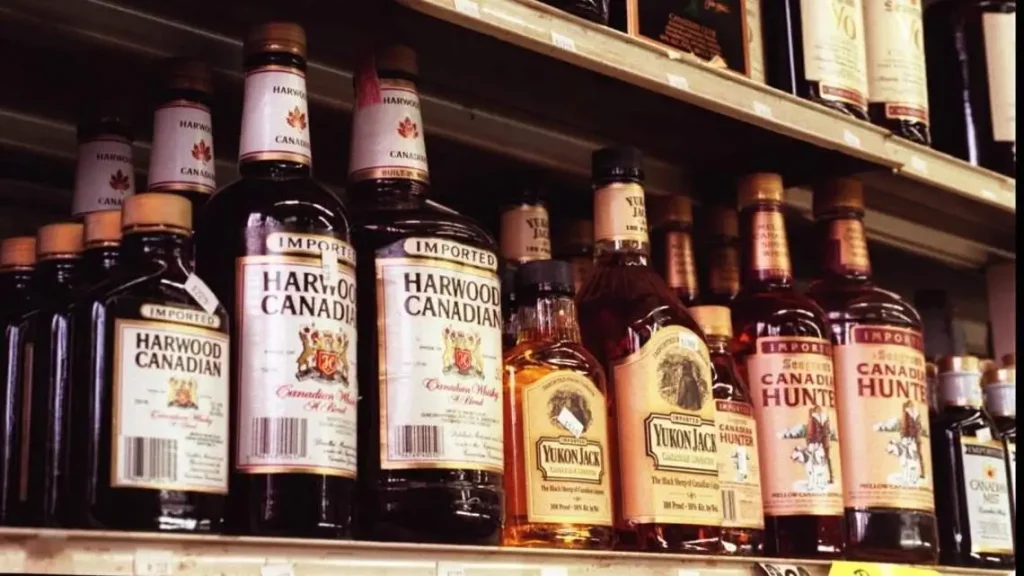
Once you’ve defined your niche, it’s time to make your business legally ready to operate. This may require the obtaining of federal permits, state or local licenses, and shipping authorizations, depending on your locality. Regulations vary; be sure to take time to understand what’s applicable to your particular location and product type.
Licensing may require weeks to complete; to be fair, you’ve got to put into place different parts of your business while you wait, such as your website construction, payment processing setup, or product catalog planning. Starting strong, fully compliant, creates a solid foundation for your store.
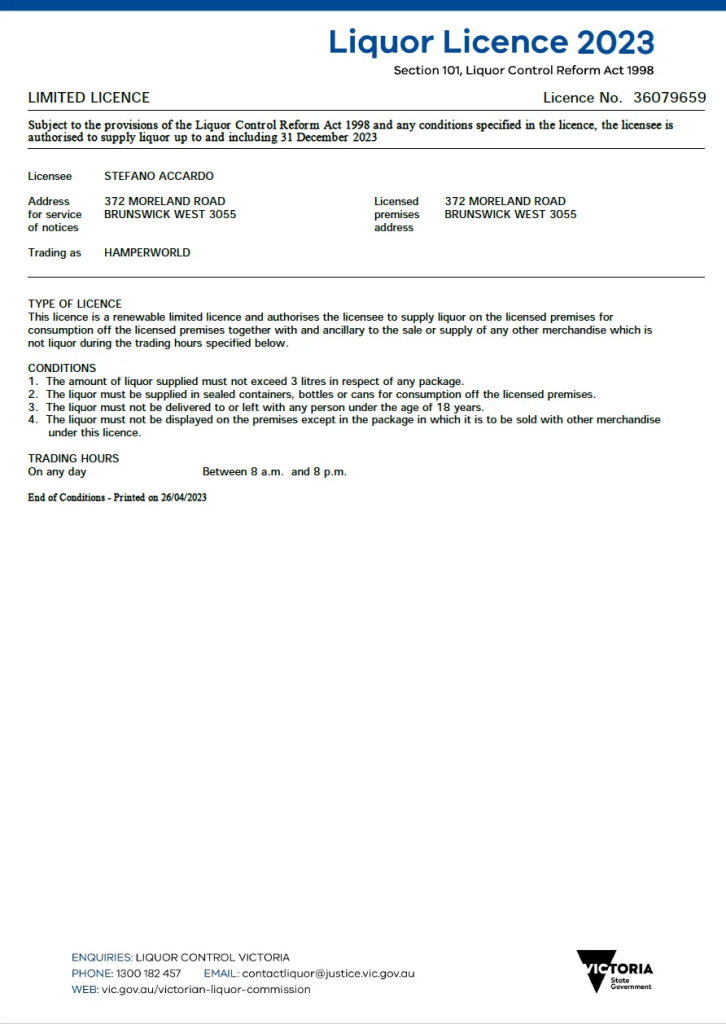
🍺 Before launching your alcohol business, you’ll need a reliable eCommerce site tailored for selling regulated products like wine or spirits. Whether you go with a hosted platform like Shopify or BigCommerce, or you prefer more control with a WordPress + WooCommerce setup, make sure the platform can support age verification, tax rules, and restricted shipping zones.
Your site should reflect your brand identity, from visuals to voice, and deliver a smooth, intuitive shopping experience. The easier it is for visitors to browse, choose, and check out, the more likely they are to convert.
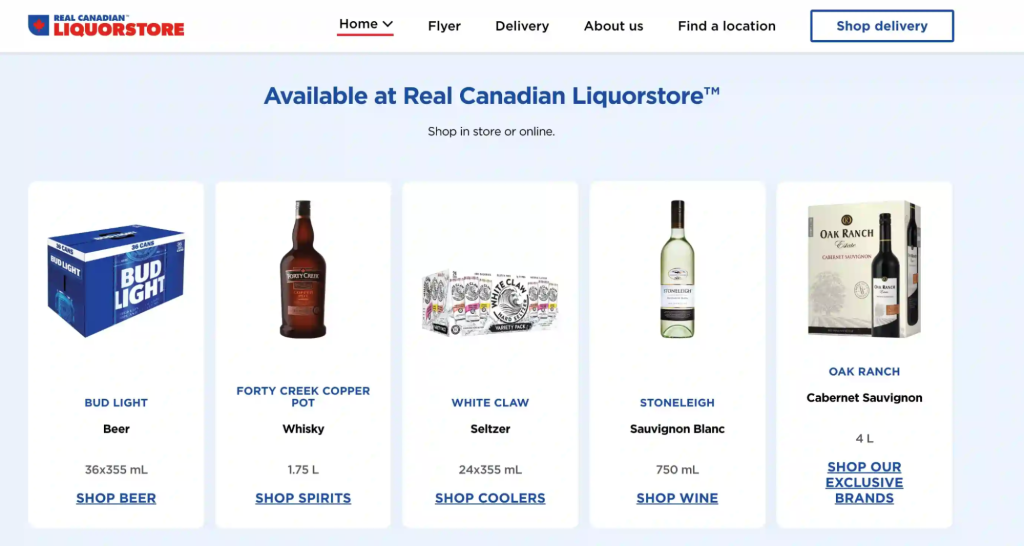
With your store in place, it’s time to attract customers. A cohesive marketing strategy is key to building trust and driving sales, especially in an industry where regulations and restrictions are tight.
Start by defining brand voice and projection on social platforms. Even though many of these channels won’t allow for alcohol ads, you can reach your audience through influencer partnerships, email campaigns, and lead magnets (e.g., free guides and access to exclusive video content). Just be sure to get consent beforehand to use a contact list for promotions.
‼️ And don’t limit yourself to digital tactics. Hosting tasting events or attending trade shows can help build personal connections and boost local brand awareness, something no algorithm can replace.

Here’s a tricky truth: the United States Postal Service doesn’t allow alcohol shipments, beer, wine, or spirits. That means if you’re running an online liquor store, you’ll need to work with a private carrier that supports alcohol delivery, such as FedEx or UPS.
If you’re building your store independently, you’ll need to register as a licensed alcohol shipper with those carriers. Some eCommerce platforms built for alcohol sellers may already offer integrated shipping and pickup features, helping you stay compliant.
🍾 Since alcohol shipping laws differ from state to state, your site should be able to restrict product availability by ZIP code to avoid violations. Some platforms have this functionality built in, which makes it easier to manage legal boundaries.
Not ready to ship directly? You can still use your website to offer local pickup, letting customers reserve and pay online, then collect their order in-store. It’s fast, convenient, and gives buyers another reason to shop with you.
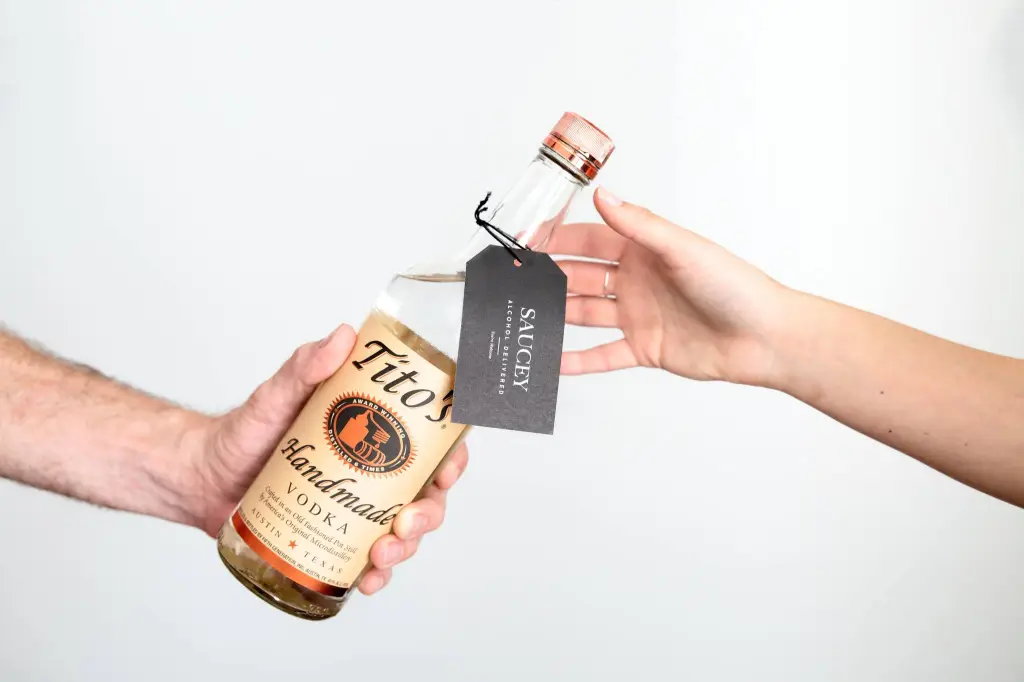
Yes. A shipping license is often required in addition to your standard retail license. However, each U.S. state may require a different license, with which you will need to comply according to that state’s labeling, reporting, and delivery regulations.
It is somewhere between the two, depending on your licenses and further on where you intend to sell. Some markets allow international shipping with proper customs clearance and duties, whereas others also disallow the import of alcohol. It is best to work with a carrier experienced with cross-border alcohol logistics.
If your verification system fails and you sell to a minor, you may face serious legal consequences, including fines, revoked licenses, or even criminal charges. That’s why robust age-gating and delivery confirmation (adult signature required) are essential.
Final Thoughts
Selling alcohol online is an interesting yet highly regulated business. Whether you are creating your own wine brand or just reselling fine spirits, success stems from compliance: understanding how to sell wine online legally, getting the appropriate licenses, and using the right tools for compliance.
Platforms like Shopify make it easier to manage the technical side, but legal responsibility still falls on you. If you’re wondering if you can sell alcohol on Shopify, the answer is yes, as long as you’re fully licensed and follow all local laws regarding age verification, shipping, and taxes.